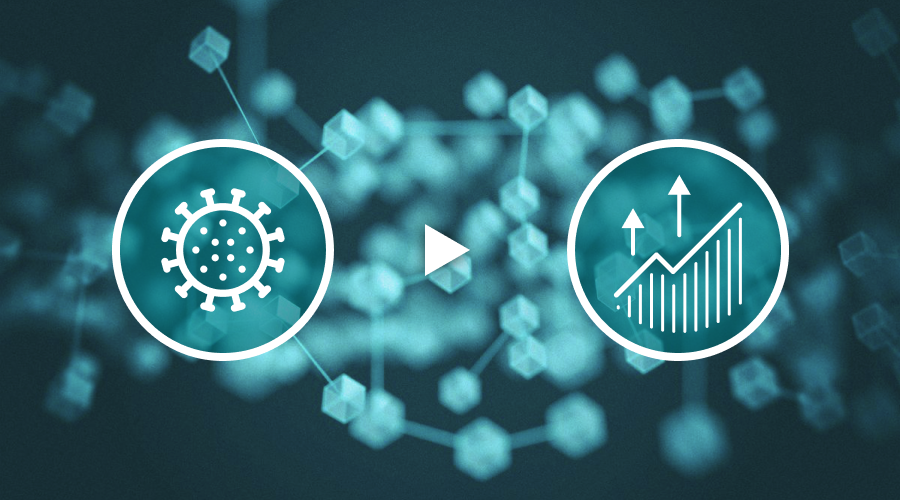
How COVID-19 Raises Demand for the Decentralized Platform Technologies
May 15, 2020
The digital platform economy is emerging: Facebook, Amazon, Google, and other companies build online ecosystems that enable a wide set of business and individual activities. Platforms, which belong to big corporations, already have a very powerful influence on smaller businesses, society, and economy. Hence transformation of the digital economy is ongoing and we are not aware of the consequences.
A lot of tech platforms have become the pillars of modern business processes. Their major disadvantage is a central authority having access to the digital infrastructure and users’ data. Free services should get paid via alternative ways, and information about customers is one of the most popular ones. Unfortunately, it gives no way for users to get control over their data on the Internet. Most of the large modern technology platforms take over the value from the value creators, enriching themselves and asserting their monopoly.
These giant platforms offer the new set of economic relations, highly dependent on the Internet, digital finance, and computer resources. Any of the currently popular platforms, by their centralized nature, becomes a virtual monopolist. In that case, the platform owners can affect any of the participants in the ecosystem who are instrumental in creating the value, and own a generous portion of the value, created by all the users on the platform. And it became even more meaningful in times of quarantine restrictions.
COVID-19 has accelerated the need for digitalization. Many small businesses will never reopen again because big players have taken their place already. During quarantine we could witness how much power large businesses have due to centralization and their ability to influence regulators and governments and lobby their interests: unlike numerous small and medium businesses, most of them did not stop working during the lockdown.
Being previously more focused on solving narrow business tasks, technologies are now slowly moving towards supporting mutually shared well-being, equality, and the ability to solve complex global challenges via decentralization. Technology platforms now will be transforming into more complex solutions, able not only to solve certain business issues but truly serve users and society, providing them with equal opportunities to do business in the future.
The emergency to send the workforce to cooperate and communicate remotely catalyzed a dramatically increased need for decentralization and cybersecurity. Now is the moment for tech platforms to step up and develop their own ecosystems, satisfying these emergency demands. The question of outcomes goes beyond the question of whether digital platforms help a wide range of micro, small and middle entrepreneurs or monopolists. It is a question if the digital economy should be organized around platforms servicing mini-entrepreneurs, contractors, and freelance workers or big corporations, and if the platforms build a more equal or more unequal access to resources. What platforms, mechanisms, or policies of the platform economy support?
In addition, the digital economy is also impacted by hacker attacks - the number of data breaches cases has been increased significantly since the coronavirus outbreak. Hence, an isolated world stuck at home needs more decentralized and more secure technology solutions.
At HyperSphere we have been using the last couple of months to adjust our services for being more relevant and not only in business but also more in complex, humanity-related issues in the post-pandemic world. We are now working to offer businesses and individuals more efficient infrastructure for the digital economy and tools for economic growth, without dependence on centralized infrastructure and intermediaries.
